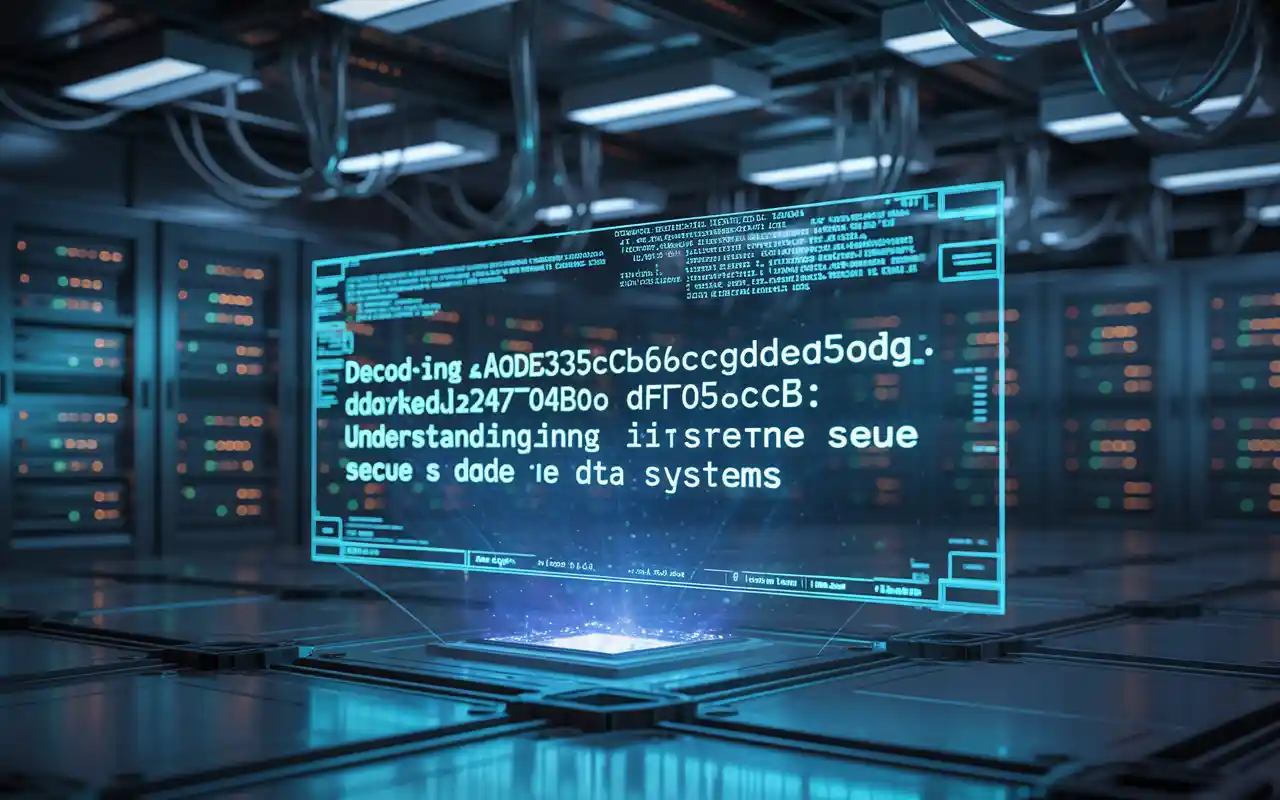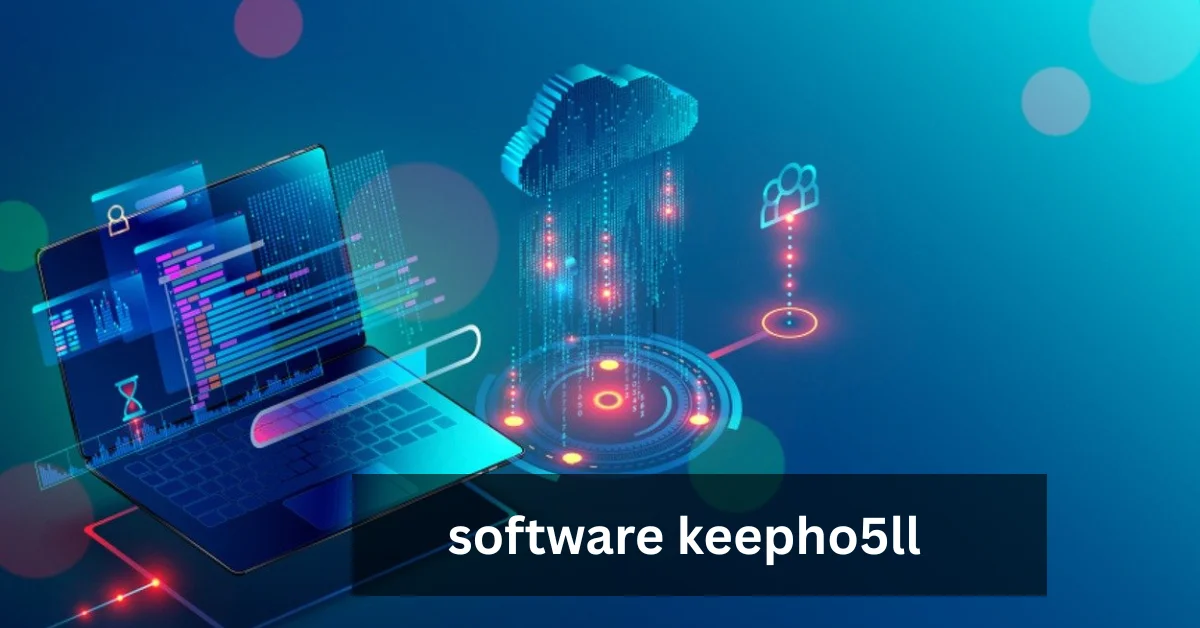In today’s data-driven world, random alphanumeric codes often pop up without explanation. One such curious string is dnoga1b2c3d4. Whether it appears in an app, a URL, a database log, or a software interface, it’s easy to overlook—but it might have a specific purpose. Let’s explore the possible meanings, uses, and contexts where dnoga1b2c3d4 might show up and why it matters.
Introduction to dnoga1b2c3d4
The code dnoga1b2c3d4 is most likely a system-generated identifier, often used in programming, databases, or software systems. Developers commonly use such strings to uniquely tag users, sessions, events, or files. The exact purpose depends on the system using it—but in every case, it plays a critical role behind the scenes.
Where Might You Encounter dnoga1b2c3d4?
Session or User Tracking
In many websites or applications, a unique code like dnoga1b2c3d4 is created every time a user logs in. This session ID helps servers remember who you are across different pages and actions.
Database Entries
Database rows sometimes rely on IDs like dnoga1b2c3d4 instead of numerical values. These alphanumeric keys are harder to guess and more secure, especially when exposed via URLs or public-facing APIs.
Error Reporting Systems
If you ever report a bug in a system, developers may track it using a reference like dnoga1b2c3d4. This makes it easier to trace logs, events, and system actions tied to the issue.
File Names or Backups
Temporary or auto-generated file names sometimes use codes such as dnoga1b2c3d4. It ensures there are no duplicates and gives developers an easy way to manage system-created content.
Why Use a Code Like dnoga1b2c3d4?
Using randomized codes like dnoga1b2c3d4 offers several advantages:
-
Uniqueness: Greatly reduces the chance of duplication.
-
Security: Makes it hard to predict or manipulate system behavior.
-
Scalability: Systems can generate millions of unique strings quickly.
-
Portability: Easy to include in URLs or APIs without exposing sensitive information.
Could dnoga1b2c3d4 Be Part of a Larger System?
Yes. Codes like dnoga1b2c3d4 are often segments of longer tokens or identifiers. For example, it could be:
-
A truncated session token
-
A part of a hashed user ID
-
A log event reference number
-
A short form of a longer cryptographic key
These systems rely on alphanumeric codes because they can combine letters and numbers for high entropy while remaining compact.
Is dnoga1b2c3d4 Something to Worry About?
Not at all—unless you see it in a suspicious context. If dnoga1b2c3d4 appears in a trusted app or system, it’s just a technical reference. But if it’s in a shady link, scam email, or odd website pop-up, proceed with caution. A good rule of thumb: context matters more than the code itself.
Conclusion
Although it may look meaningless, dnoga1b2c3d4 serves an important purpose in modern software systems. It could represent a user session, file, database entry, or something entirely custom within a specific platform. These codes help systems function efficiently and securely without exposing human-readable information. So the next time you spot dnoga1b2c3d4, remember—it’s a small but essential part of the digital world’s invisible infrastructure.






Leave a Reply